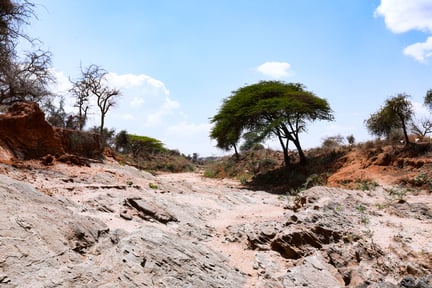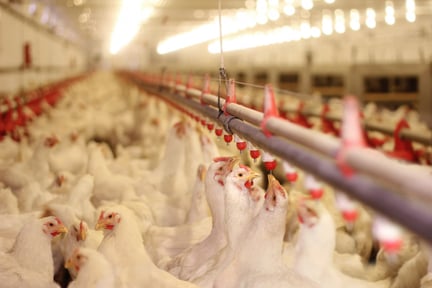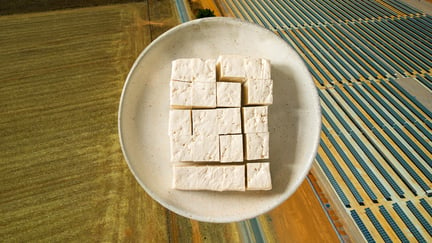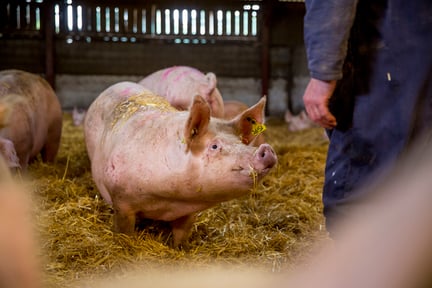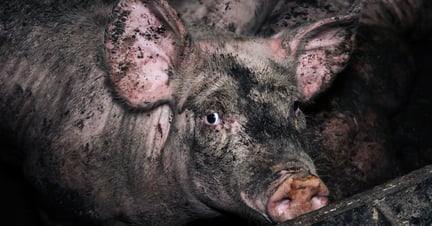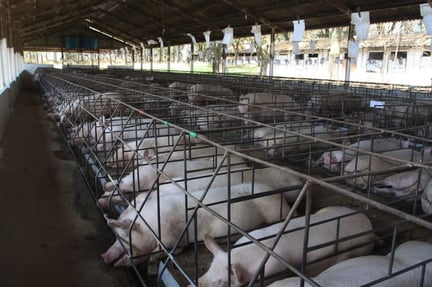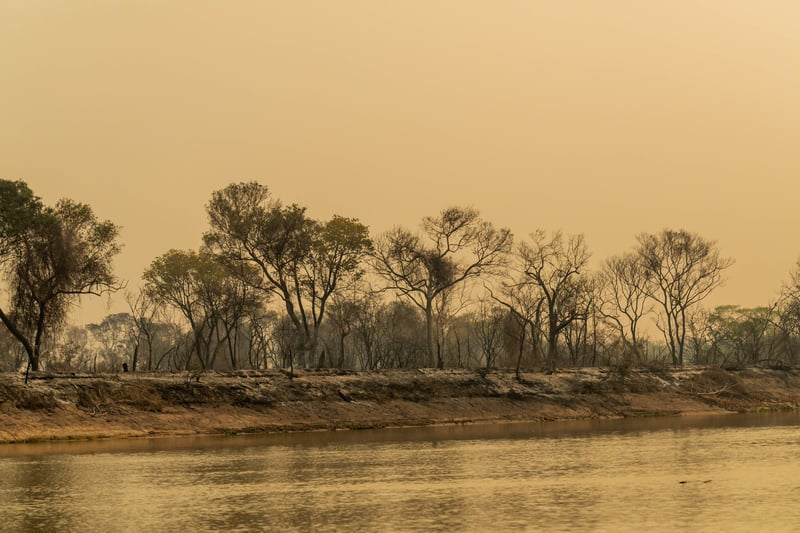
Brazil’s Chamber of Deputies approves ‘Devastation Bill’, risking animals, habitats, and climate progress
News
Brazil has approved the ‘Devastation Bill’, threatening wildlife, forests, and global climate action. We are calling on President Lula to veto the law.
Brazil has taken a dangerous step closer to environmental collapse. On 17 July 2025, the Chamber of Deputies approved the Environmental Licensing Bill (Bill 2159/2021), known by campaigners as the 'Devastation Bill'.
The bill now awaits either approval or veto by President Lula - a decision that could have global consequences for wildlife, ecosystems, and climate action.
The legislation, which was already passed by the Senate in June, drastically weakens Brazil's environmental protections. If signed into law, it would allow projects such as roads, mines, and agribusiness operations to bypass rigorous environmental impact assessments.
It would also permit 'self-licensing' by industries, removing vital checks that safeguard the environment and animal habitats.
A devastating threat to animals and nature
Brazil's forests, wetlands, and grasslands are home to millions of wild animals. These ecosystems are also critical carbon sinks, absorbing greenhouse gases and helping to stabilise the global climate. This bill threatens both.
The new law would strip away protections for sensitive ecosystems, giving companies the power to greenlight their own development projects without proper oversight. This could trigger a surge in deforestation, pollution, and biodiversity loss.
Tricia Croasdell, CEO of World Animal Protection, responded to Brazil's Environmental Licensing Bill, approved by the Chamber of Deputies:
"For those of us who advocate for people, animals, and the planet, this is not the news we wanted to hear.
The world is watching as Brazil potentially moves us a step closer to climate catastrophe. This 'devastation bill' will weaken environmental licensing, put entire biomes at risk, and also the millions of wild animals that rely on the preservation of their habitats to survive.
"By allowing industries to 'self-licence', it will eliminate the need for an environmental impact assessment, opening the floodgates to unchecked deforestation, toxic waste dumping, and infrastructure projects in some of the planet's most biodiverse ecosystems.
"We have 15 days for President Lula to veto this bill and assume global leadership on climate change. The time to act is now, especially as we move towards COP30 in Brazil, where the world's leaders will gather to discuss and negotiate actions to address climate change. What message does this send if it is approved?
Our planet and every living being must come before profit.
One of the greatest environmental setbacks in Brazil's history
Environmental experts and civil society organisations across Brazil have called the legislation one of the most serious environmental setbacks in decades.
Renata Nitta, Head of Campaign at World Animal Protection Brazil, said:
"Approved by the Brazilian Congress, the Destruction Bill represents one of the greatest environmental setbacks in Brazil's history. Waiving licensing requirements for agricultural activities opens the door to more deforestation, more fires, and increased pressure on wildlife and the climate.
President Lula has the responsibility to protect the future of our forests, our biodiversity, and life itself. We urge him to veto the bill in its entirety.
The consequences of this bill could be far-reaching. If agricultural expansion is exempt from licensing, it will not only accelerate forest loss but also put Brazil's international climate commitments at risk. Wildlife already under threat from habitat fragmentation will face even greater dangers.
A global call for leadership
The countdown has begun. President Lula now has 15 working days to veto the bill. Ourselves and other environmental and animal protection organisations around the world are urging him to take a stand.
With COP30 set to take place in Brazil in 2025, the decision sends a clear message to the international community. Will Brazil show it is ready to lead on climate and biodiversity, or will it risk its natural heritage - and global credibility - for short-term economic gain?
Related content
World Animal Protection Climate Change Hub
Discover everything that World Animal Protection is doing to tackle the climate crisis and what you can do to help.
No Future for Factory farming
Food systems
Factory farming is a global problem, that requires a global solution. A moratorium on factory farms is urgently needed to safeguard animals, our climate, health and the environment.
Tofu Protein Isn't the Problem
Blog
Debunking the misconception that soy foods and tofu protein are causing deforestation, when in reality 77% of soy produced is used to feed farmed animals.
